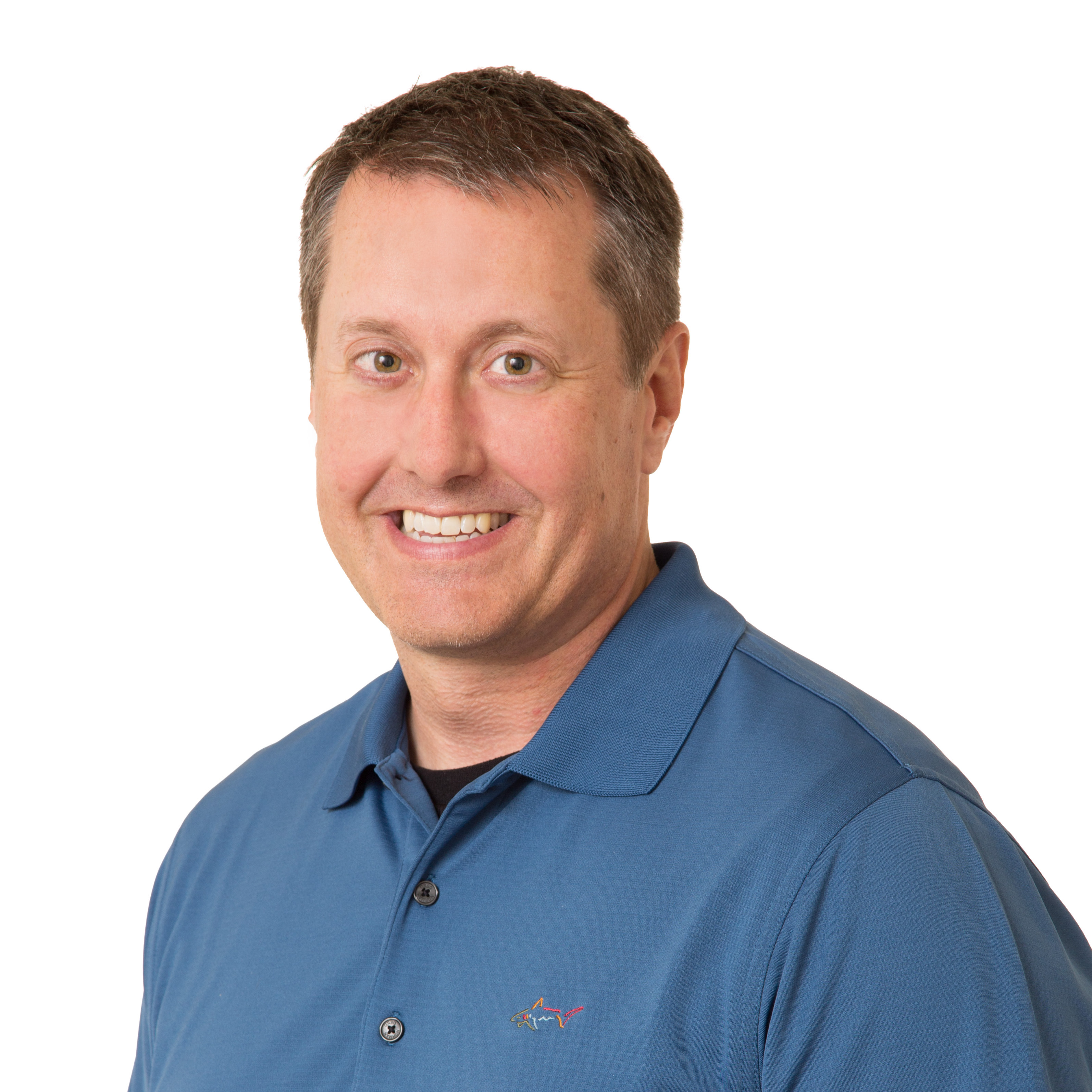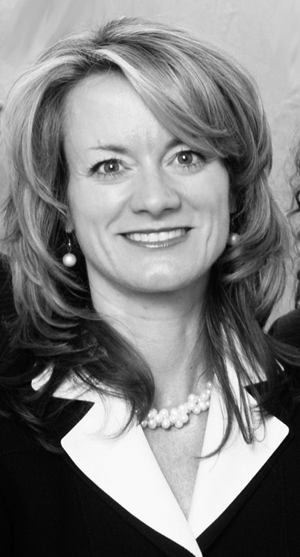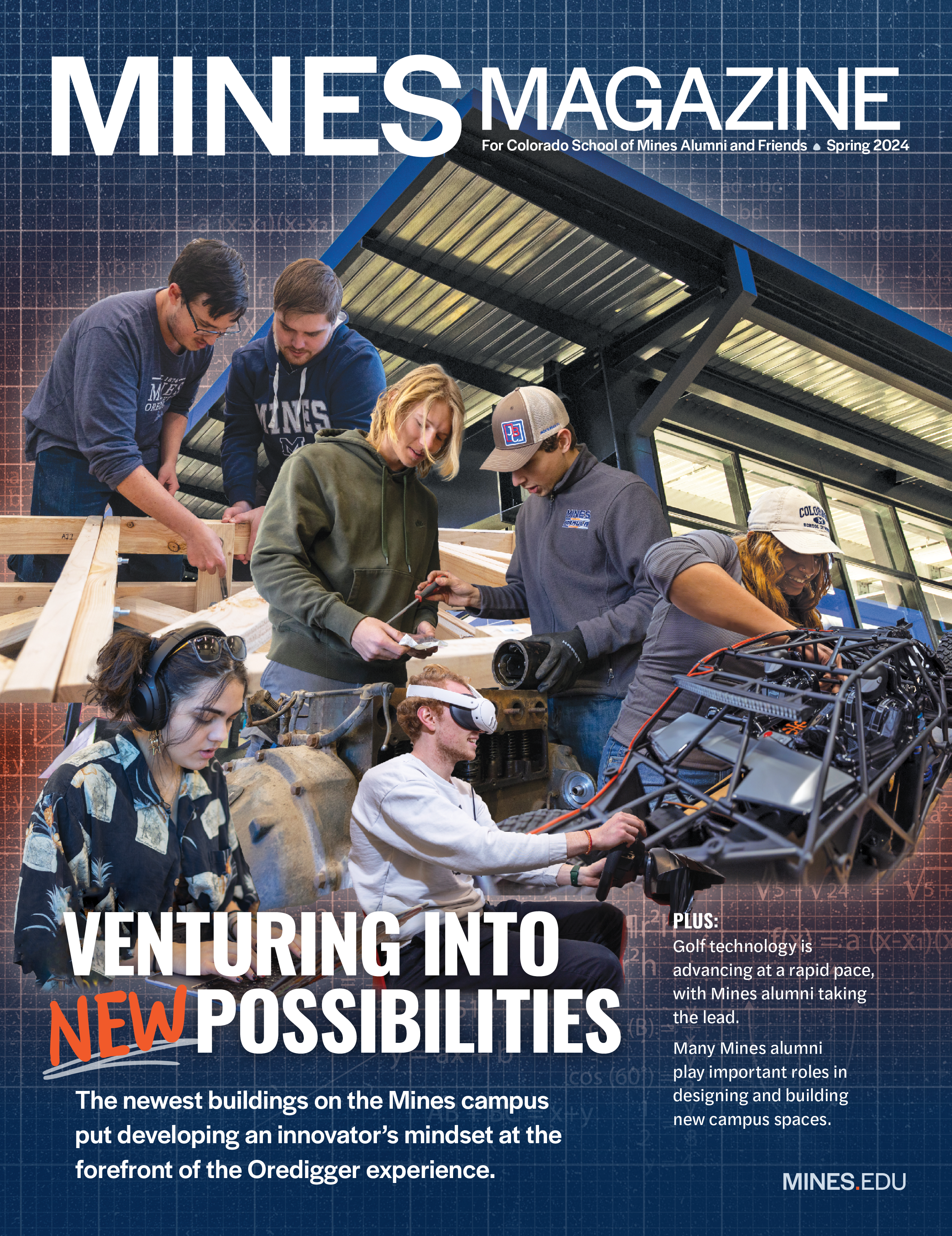Adding up the small wins

It’s no secret that aerospace is rapidly changing and evolving, particularly in Colorado. But through it all, SEAKR Engineering has remained a steady, constant presence.
The Centennial-based company, founded in 1983, designs, builds, analyzes and manufactures spacecraft payload processing systems and avionics. We sat down with Chad Fisher ’95, PhD ’00, SEAKR Engineering’s executive vice president, to glean insight into how to be successful in this ever-changing industry.
Q: How do you maintain a long-term vision for SEAKR Engineering in the face of the aerospace industry’s rapid growth and evolution?
Fisher: We don’t really look at it as change, but rather, opportunities for growth. SEAKR was started in 1983
to create enabling space electronics using commercial technologies. We see significant opportunities to grow
by focusing on what we are good at, which is to provide industry-leading processing systems to enable payloads and mission success. There is a lot of talk about “NewSpace” and the use of commercial technologies in space, but we’ve been pushing the envelope on using commercial technologies for a long time, and we have built a wealth of knowledge on how to do so successfully, as proven with our 297 successful systems on orbit.
Q: What are the strongest qualities you’ve seen in leaders?
Fisher: First, the best leaders are personally committed and are willing to roll up their sleeves and work hard— leading by example has significant positive impacts on teams and organizations. Second, I’d say the ability to listen and digest information. A leader is someone who desires input from teams and organizations. And third, an unwavering, tenacious positive outlook—there will be challenges and tough spots to work through, so a strong leader needs to keep the organization motivated and positive to achieve breakthroughs.
Q: How do you measure professional success?
Fisher: The measure of a person’s professional success is derived from what they helped create that didn’t previously exist. That can range from products delivered to company operations that enable the workforce to be more productive. I am hopeful that my biggest success is yet to come. There’s a lot yet that I want to accomplish and be a part of creating.
Q: When you look back on big wins in your career, what do you remember?
Fisher: Instead of big wins, they are all small ones that add up over time. I do have a few big failures that stick out, and the lessons I’ve learned from those are more important than the wins. And, some failures that seemed big at the time don’t seem that way anymore, but were just steps to get where I am. I’ve certainly learned not to be afraid to fail.
But when it comes to wins, it’s remembering all the people who supported and enabled me along the way—my family, professors, mentors and colleagues. Surround yourself with people you can learn from and who believe in you— Mines is a great place to start surrounding yourself with great people to support you.
Q: What would you tell a student who is considering Mines?
Fisher: Sometimes, students have a clear idea of an engineering discipline they want to pursue, and sometimes, they aren’t sure or they might discuss a career in medicine or a desire to pursue an MBA. In all cases, I tell them that I recommend Mines because students there receive a solid technical foundation and are taught how to think and how to approach and solve open-ended challenges, which is enabling in any profession the student ends up pursuing.



